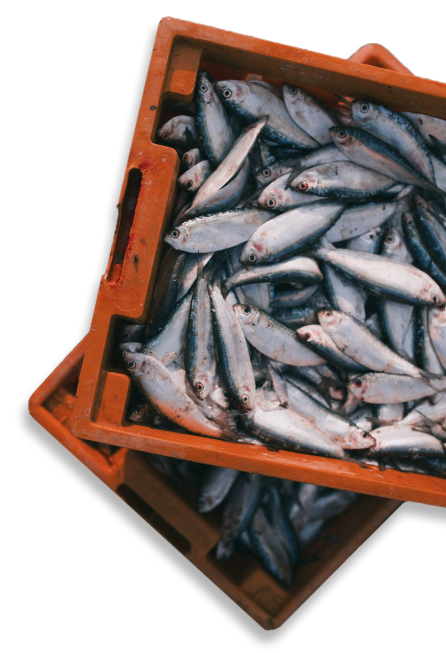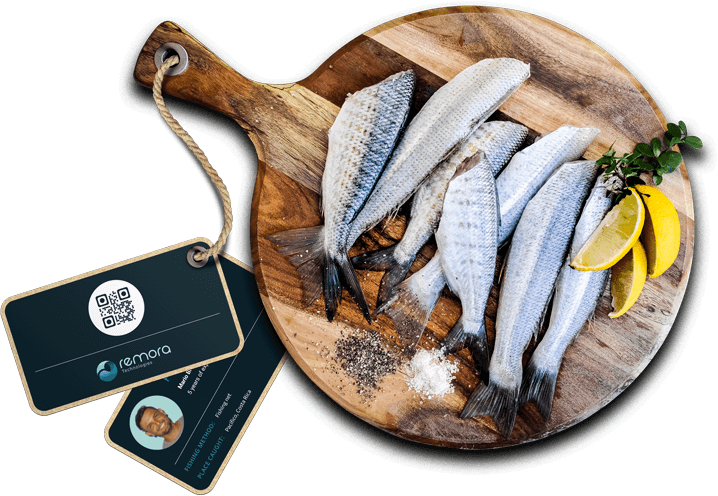


One in every six people in the world depends on the ocean for income, food, and protection.
One in every six people in the World depends on the Ocean for income, food, and protection. However, unsustainable human activity jeopardizes marine biodiversity natural ability to replenish. The United Nations (UN) Food and Agriculture Organization (FAO) estimates that 57% of fish stocks are fully exploited and another 30% are overexploited, depleted, or recovering.
On top of the already over-exploited ocean situation, illegal,
unreported and unregulated (IUU) fishing is estimated to be as
much as 26 million additional tons of fish annually, with the
aggravating situation that many of this catch is done in marine
protected areas (MPA).
Proper management of fisheries,
protection of MPAs and fighting against IUU can be done through
legislation plus the help of technology. Two key actions are being
taken to reverse the current situation, one regarding the creation
of large marine protected areas and the other through
implementation of international regulation schemes.
Regarding regulation FAO has been leading to establish
international standards to develop catch documentation schemes
(CDS) with the aim to keep “illegally caught fish off store
shelves and consumers' plates”. FAO members at the UN are
working on guidelines that will act as an
internationally-recognized "gold standard" reference for
Governments and businesses looking to establish systems that can
trace fish from their point of capture through the entire supply
chain - from "sea to plate" - in order to stop illegally
caught fish from entering the marketplace. The goal is that only
fish with certification will be exported or traded to markets.
On top of the already over-exploited ocean situation, illegal,
unreported and unregulated (IUU) fishing is estimated to be as
much as 26 million additional tons of fish annually, with the
aggravating situation that many of this catch is done in marine
protected areas (MPA).
Proper management of fisheries,
protection of MPAs and fighting against IUU can be done through
legislation plus the help of technology. Two key actions are being
taken to reverse the current situation, one regarding the creation
of large marine protected areas and the other through
implementation of international regulation schemes.
Regarding regulation FAO has been leading to establish
international standards to develop catch documentation schemes
(CDS) with the aim to keep “illegally caught fish off store
shelves and consumers' plates”. FAO members at the UN are
working on guidelines that will act as an
internationally-recognized "gold standard" reference for
Governments and businesses looking to establish systems that can
trace fish from their point of capture through the entire supply
chain - from "sea to plate" - in order to stop illegally
caught fish from entering the marketplace. The goal is that only
fish with certification will be exported or traded to markets.


In both fronts traceability is the game-changer, assuring shipments of fish are certified as being caught responsibly, respecting MPAs and in compliance with best practices; nevertheless, the certification cannot only rely on the good faith of fishermen, this is where technology plays a key role into generating objective data, this is where Remora technologies comes into play.
Traceability Solutionscontact@remoraxyz.com
